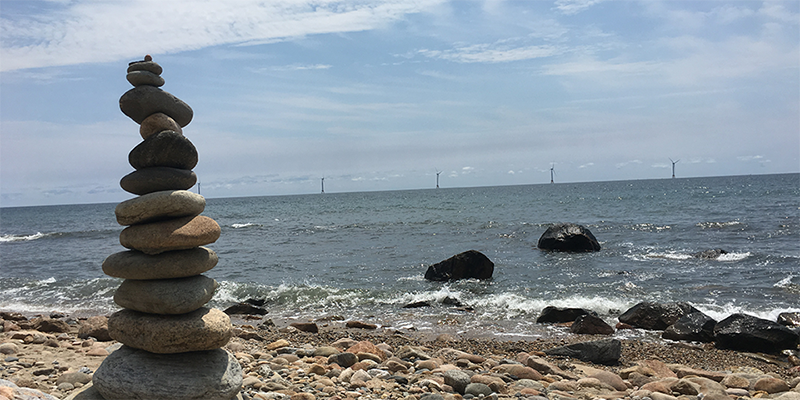Field of Study: Environmental and Water Resources Engineering

The Environmental and Water Resources Engineering (EWRE) program emphasizes four areas of core competency: quantitative methods; decision support & optimization; environmental mechanics; and environmental chemistry. Working in consultation with their advisors, students select courses that satisfy degree requirements in these areas. The remainder of the master’s requirements are electives that enable students pursue their interests. The EWRE field of study offers paths that comprise coursework only, coursework + project, and coursework + research thesis. Requirements for each of these paths are described below.
Project Option
Students wishing to complete the project option must have the scope of the project approved by the chair of the CEE Graduate Programs Committee, identify a faculty advisor for the project, and complete 3 credit of CEE 290 Master’s Project. Projects may be research or practice oriented. The 3 credit of CEE 290 count toward the elective requirements.
Thesis Option
Students wishing to complete the research thesis option must complete 3 credit of CEE 295 Master’s Thesis and 3 credit of CEE 296 Master’s Thesis II, and successfully complete the master’s Thesis requirements established by the University and School of Engineering. The 6 credit total of CEE 295 and CEE 296 count toward the elective requirement. Master students pursuing the thesis option typically complete their degree and thesis requirements over two years of full-time study.
- Total Credits
At least 30 credit of Core and Elective coursework completed with a grade of B- or better. - Core Courses
- At least 3 credit of coursework in Quantitative Methods. Possible courses include:
- CEE 201 – Applied Probability Theory
- CEE 202 – Data Analysis and Statistical Methods
- CEE 203 – Statistical Inferences and Prediction
- CEE 204 – Hypothesis Testing and Uncertainty Analysis
- ES 101 – Numerical Methods
- At least 3 credit of coursework in Decision Support and Optimization. Possible courses include:
- CEE 214 - EWRE Systems
- ES 100 - Actionable Engineering Diplomacy
- At least 3 credit of coursework in Environmental Mechanics. Possible courses include:
- CEE 211 - Physical Hydrology
- CEE 213 - Transport Principles in EWRE
- CEE 245 - Geomechanics
- At least 3 credit of coursework in Environmental Chemistry. Possible courses include:
- CEE 136 - Air Pollution and Control
- CEE 212 - Chemical Principles in EWRE
- ChBE 140 - Surface and Colloid Chemistry
- At least 3 credit of coursework in Quantitative Methods. Possible courses include:
- Electives
The remainder of the 30 credit required for the degree are electives that should be selected in consultation with your advisor. Program faculty strongly encourage students to complete the departmental seminar course.